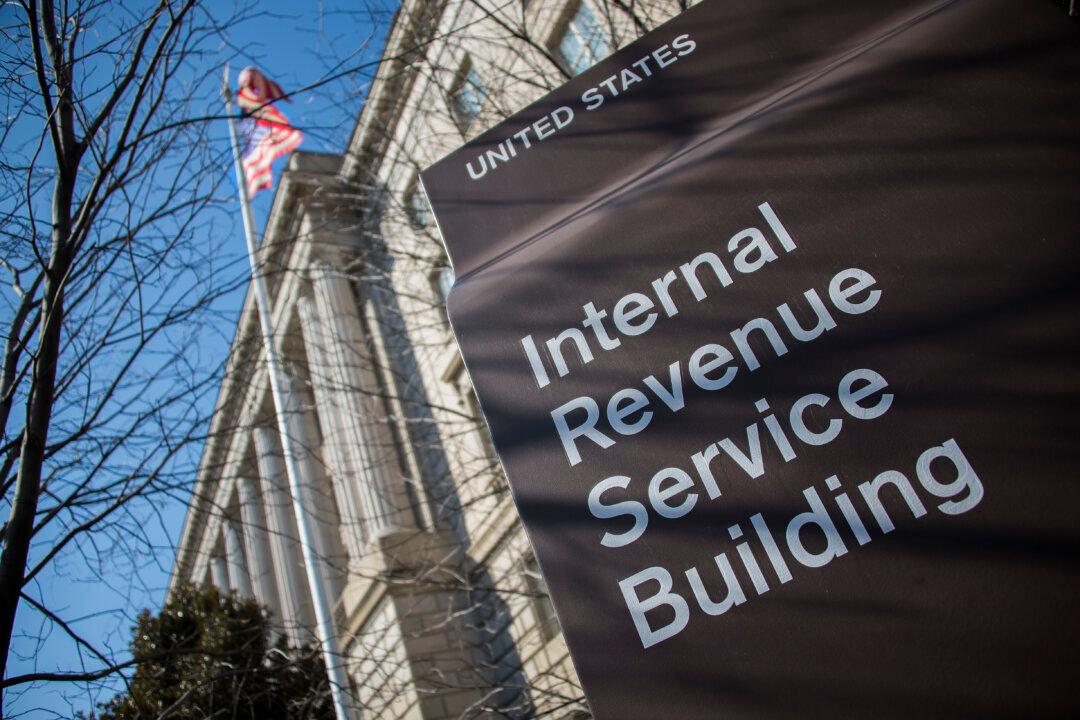House Judiciary Chair Jim Jordan (R-Ohio) launched an investigation into whether the Internal Revenue Service (IRS) is using artificial intelligence (AI) to allegedly spy on American taxpayers.
Republicans on the panel sent letters to Treasury Secretary Janet Yellen and Attorney General Merrick Garland this week, saying that they are concerned about reports that AI is being used for surveillance purposes, according to a news release issued on March 21. Last year, IRS Commissioner Danny Werfel said that he plans to use AI go after potential tax cheats and to aid the tax revenue agency’s efforts in processing tax returns.





